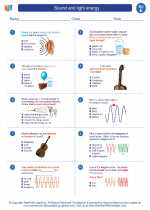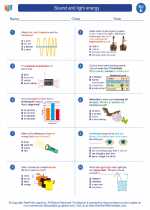The Science of Steroids
Steroids are a class of organic compounds that have a specific molecular structure. They can be found naturally in the body, as well as in plants and animals. In the human body, steroids play important roles in various physiological functions, including metabolism, immune response, and reproductive processes.
Natural Steroids
Natural steroids are produced in the body and are essential for maintaining health. They include hormones such as cortisol, estrogen, and testosterone. These hormones regulate a wide range of bodily functions, from controlling stress responses to supporting muscle growth and development.
Anabolic Steroids
Anabolic steroids are synthetic variations of the male sex hormone testosterone. They are often used to enhance athletic performance and promote muscle growth. However, the non-medical use of anabolic steroids can have serious health consequences, including liver damage, cardiovascular issues, and psychological effects.
Corticosteroids
Corticosteroids are a class of steroids that are commonly used to reduce inflammation in the body. They are often prescribed to treat conditions such as asthma, arthritis, and skin disorders. When used as directed by a healthcare professional, corticosteroids can be a valuable tool for managing certain medical conditions.
Study Guide: Understanding Steroids
- Define steroids and explain their role in the body.
- Discuss the difference between natural steroids and synthetic steroids.
- Explain the potential benefits and risks associated with anabolic steroids.
- Describe the medical uses of corticosteroids and their effectiveness in treating specific conditions.
- Discuss the ethical and legal considerations surrounding the use of steroids in sports and other competitive activities.
◂Science Worksheets and Study Guides Fifth Grade. Sound and light energy

 Activity Lesson
Activity Lesson
 Worksheet/Answer key
Worksheet/Answer key
 Worksheet/Answer key
Worksheet/Answer key
 Worksheet/Answer key
Worksheet/Answer key
 Worksheet/Answer key
Worksheet/Answer key
 Vocabulary/Answer key
Vocabulary/Answer key
 Vocabulary/Answer key
Vocabulary/Answer key
